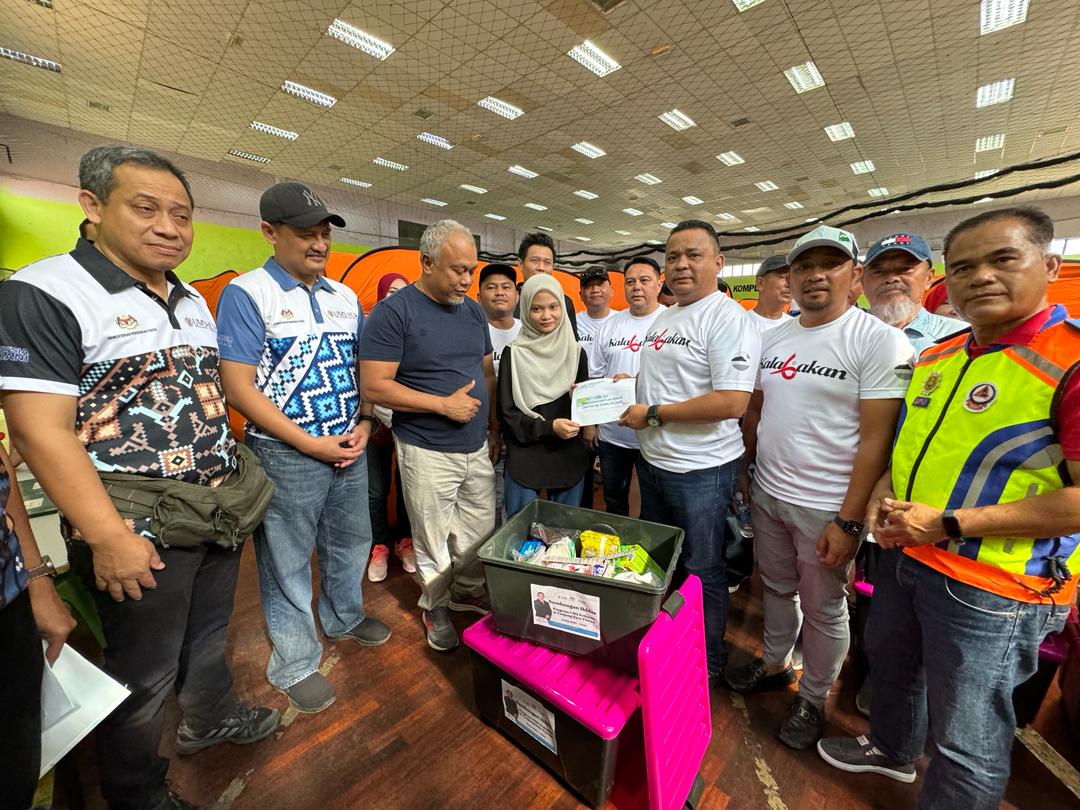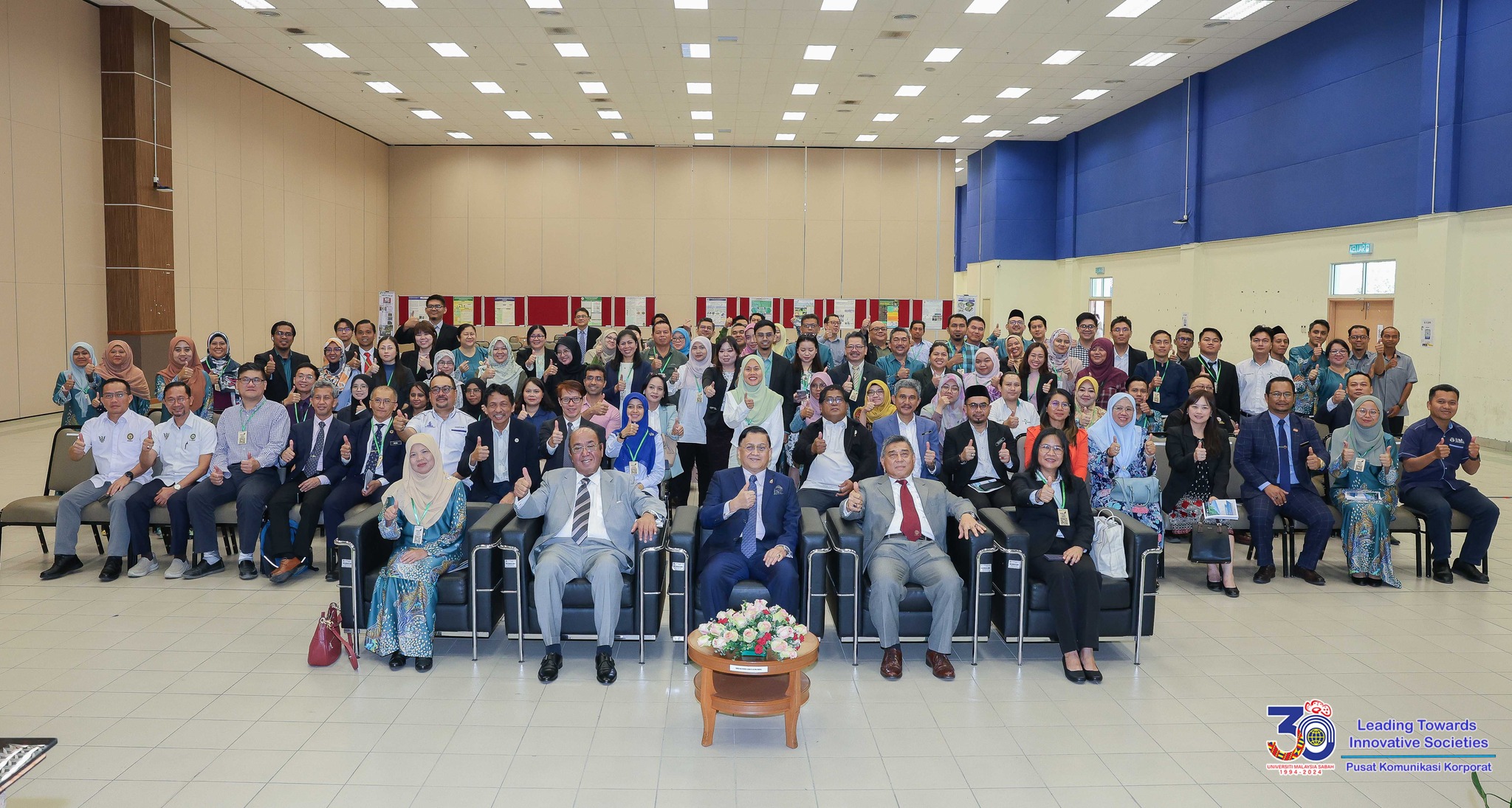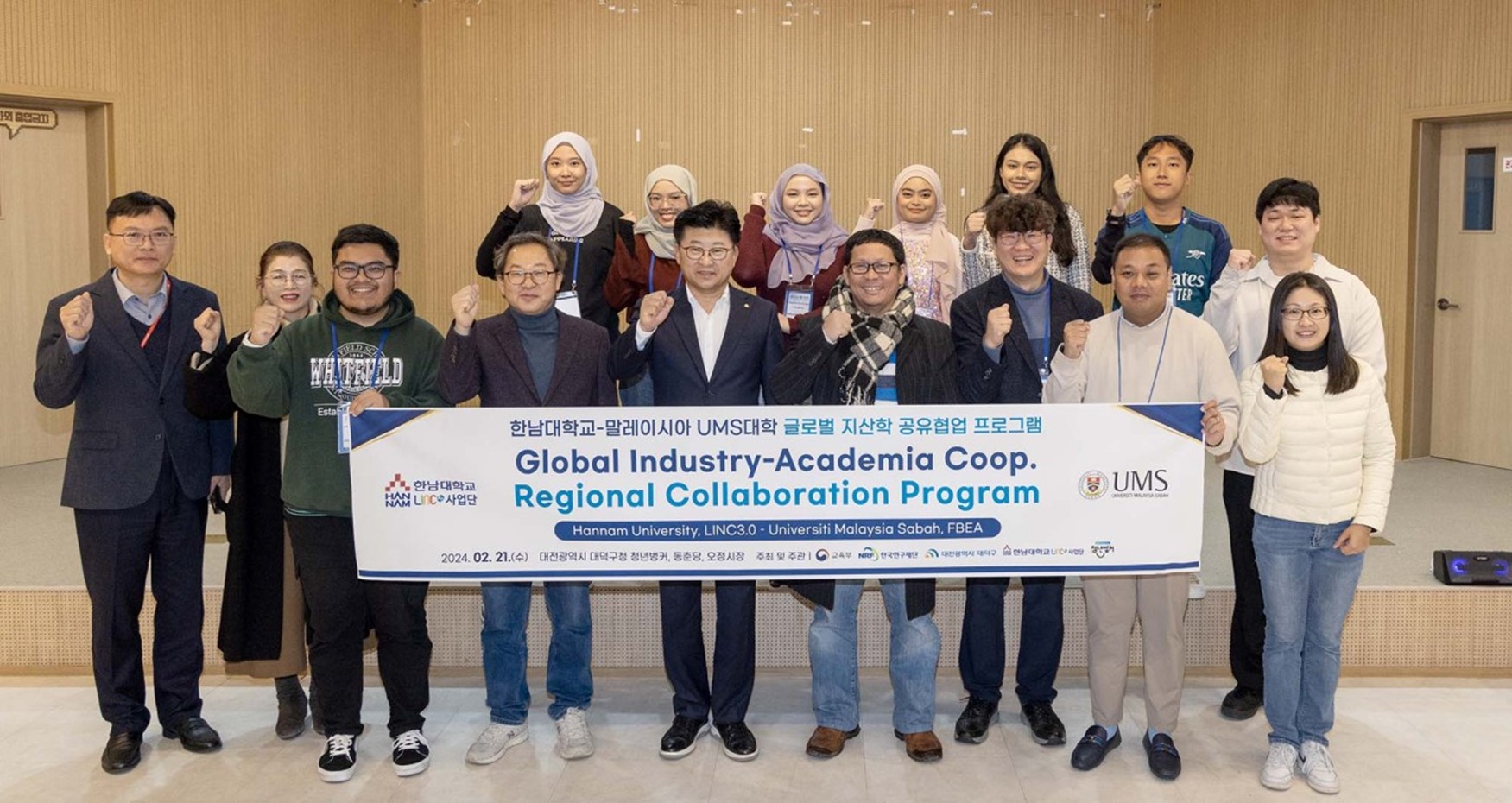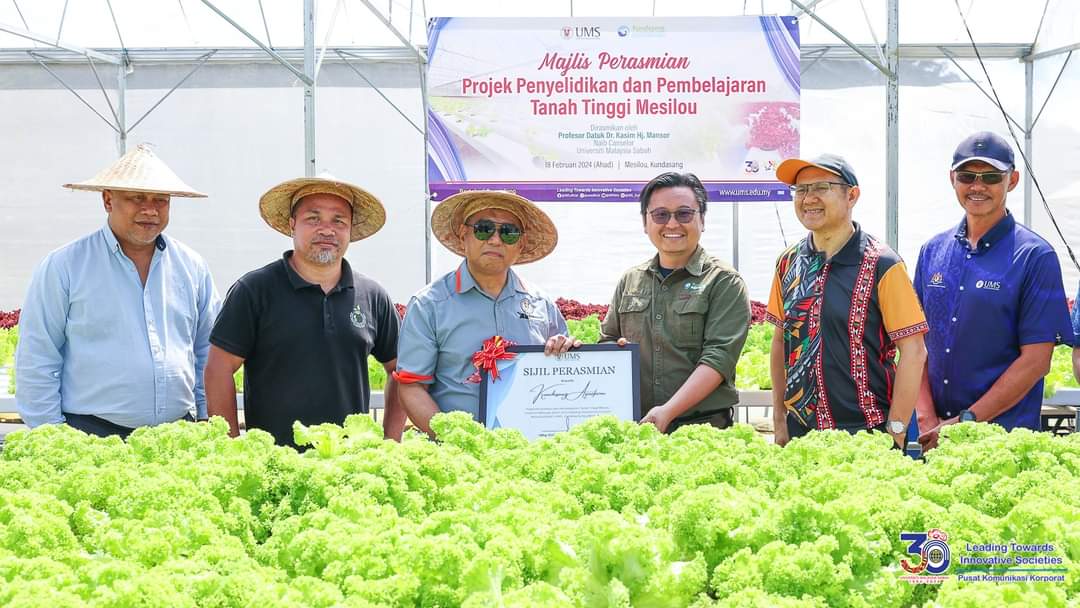 UMS closes deals to commercialise its innovation to three companies via intellectual property (IP) licensing.
UMS closes deals to commercialise its innovation to three companies via intellectual property (IP) licensing.
The momentous Memorandum of Agreement (MoA) marks a significant milestone in the university’s mission to translate academic discoveries into real-world applications that benefit society.
Through this strategic partnership, UMS will collaborate with Flamoff Industries (M) Sdn. Bhd., SF Green Sdn. Bhd., and Petrogaya Sdn. Bhd., to bring cutting-edge research to market, fostering innovation and economic growth.
The agreement encompasses the exclusive licensing of intellectual property rights, enabling the development, production, distribution, and sales of UMS’s innovations.
Assistant Vice Chancellor (Strategic) of UMS, Professor Dr. Mohammad Saffree Jeffree who represent the Vice Chancellor of UMS, Professor Datuk Dr. Kasim Mansor expressed enthusiasm about the collaboration stating the licensing agreement exemplifies UMS’s commitment to advancing knowledge and driving positive change.
“By harnessing the power of collaboration with Flamoff Industries (M) Sdn. Bhd., SF Green Sdn. Bhd., and Petrogaya Sdn. Bhd., we can amplify the impact of our research and innovations, ultimately benefiting communities and industries worldwide.
“Flamoff Industries (M) Sdn. Bhd is thrilled to bring UMS’s innovative fire protection products to the market.
“The innovative fire protection additive called ‘PhosphaTania’ was developed by ChM. Ts. Dr. Zuhair Jamain and Associate Prof. ChM. Dr. Moh Pak Yan, both are from Faculty of Science and Natural Resources (FSSA) UMS. “PhosphaTania” is the non-corrosive formulation for fire extinguisher aimed at saving individual life from a fire incident and protecting the environment at the same time,” he said.
Meanwhile he said, SF Green Sdn. Bhd will bring UMS’ consumer products “Vivify” to the market.
“Armed with the popularity of the brand “Vivify” and its renown inventor, Professor Dr. Shafiquzzaman Siddiquee of Biotechnology Research Institute (IPB) UMS, a top scientist in the world, the company is optimistic that “Vivify” products can compete with the other well-established consumer product brands in the market.
“The company believes the use of organic ingredients in Vivify products is a strong attraction in the market for its health and effectiveness reasons,” he added.
Another company Petrogaya Sdn. Bhd is poised to enter the poultry industry with UMS’ popular innovation called “A-Yamli” developed by Ag. Ahmad Mohd Yunus, a renown innovator from the Faculty of Tropical Forestry (FPT).
Saffree said “A-Yamli” is a popular brand of premium chicken fed with specially formulated feed supplement containing Tongkat Ali, a well-established medicinal plant.
“These three licensing agreement signifies a mutual commitment to leveraging expertise and resources to propel innovation forward.
“By bridging academia and industry, UMS and Flamoff Industries (M) Sdn. Bhd., SF Green Sdn. Bhd., and Petrogaya Sdn. Bhd., aim to accelerate the transition of research from the lab to the marketplace, driving economic growth and societal progress,” Saffree said.
These commercialisation of UMS Intellectual Property are facilitated by the Innovation and Commercialisation Management Center (ICMC) of UMS.
The Director of ICMC, Assoc. Prof. Dr. Jidon @ Adrian Janaun expressed his zeal and enthusiasm to continuously encourage and support UMS researchers to strive for innovation and commercialisation that will bring greater benefit to Malaysia as well as the world.
UMS Legal Advisor, Awang Suhaizam Bungso; UMS Chief Librarian, Md Sazali Md Salleh; UMS Chief Digital Officer, Profesor Dr. Ag. Asri Ag. Ibrahim were also present in the ceremony and witnessed the exchange of MoAs.





 UMS closes deals to commercialise its innovation to three companies via intellectual property (IP) licensing.
UMS closes deals to commercialise its innovation to three companies via intellectual property (IP) licensing. In an enriching collaboration facilitated by Hannam University's LINC 3.0 program, delegates from Universiti Malaysia Sabah (UMS) indulged in a vibrant cultural exchange at the Daedeok District Youth Bunker in South Korea.
In an enriching collaboration facilitated by Hannam University's LINC 3.0 program, delegates from Universiti Malaysia Sabah (UMS) indulged in a vibrant cultural exchange at the Daedeok District Youth Bunker in South Korea.